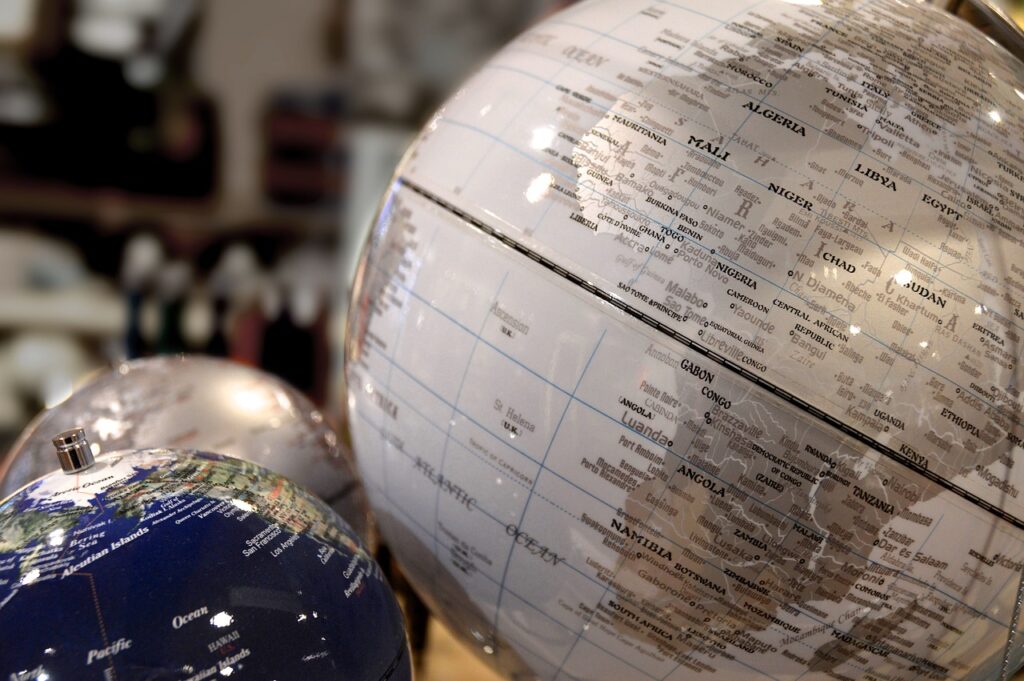

In the midst of a rather frightening global context, on 1 January 2021 there was a lot more to talk about than Brexit. Across international newspapers, we can read about the doubts of many EU tech companies regarding leaving the United Kingdom or repositioning themselves in the City. Nevertheless, in other parts of the world, the realisation of further economic integration is bringing joy and hope to 55 African economies.
The African Continental Trade Agreement (AfCFTA) has not been in the headlines for a number of months, since the COVID-19 pandemic stopped its implementation, which was signed in 2018 and due in July 2020. On Friday, its application opened a significant door not only for the future of intra-continental trade but for innovation and the potential expansion of international and local tech companies alike.
For tech companies of all types, the impact of more open economic borders will be very positive, granting new opportunities to the sizeable portion of our industry that comprises innovators and start-ups. The problem, though, is the increasing number of questions and lack of answers around the implementation of practical policy aspects and the necessary regulatory clarity for services, skilled labour mobility and business-to-business relations. Examples such as mobile payments, localisation vs importation of software experts and virtual financial services demonstrate that there are a great deal of gaps to be filled with clear guidelines, not just from national regulators but from the African Union and its relevant bodies: this is the African Telecommunications Union (ATU) in the case of the ICT industry. This requires close collaboration of private and public actors to speed up digital growth.
There are many sceptical voices which tend to focus on whether another African trade agreement will really make a difference for international companies. The SADC, COMESA and ECOWAS have seen achievements in local economies, establishing tariffs for outsiders or collaborating further on energy and trade of goods and products between neighbouring countries, for example. For the tech sector, two premises are central: the larger the population of users and the more connectivity the better. Existing areas of economic integration have never been sufficient in their response to these principles. Additionally, just as the lack of terrestrial transportation options for large-scale trade of goods and the existence of multiple standards for products present fundamental challenges for several economic verticals, the larger ICT sector will remain cautiously optimistic about the gradual liberalisation of communications. However, grassroot economic growth from small and medium digital and tech savvy companies has been given a boost, becoming more attractive to potential investors.
The agreement will be important for tech innovators and start-ups for the following reasons:
- It will be easier for business and individuals to satisfy the regulatory requirements of each market they intend to serve and to be protected under rule-based resolution of disputes.
- Through digitisation and improved multi-country presence, start-ups can facilitate and automate value chains across the continent.
- They can counterbalance the influence of large foreign tech companies by benefiting from exclusive access.
- By being present in multiple markets, tech start-ups at different stages of capital-raising may find local cash and partnerships now restricted to their original market (intra-African investment).
- Copyrights and idea creation will be further recognised, addressing existing competition issues.
- By being pan-African, established start-ups can become more attractive for international clients and the overseas investment community.
- Last but not least, being able to reach talent across borders will benefit employability.
With the world’s largest free trade zone now in operation, the stakes are high for the start-up ecosystem to take the opportunity it has been waiting for to fulfil some of the African Union’s 2063 Agenda goals, such as (a) education and skill revolution through tech and innovation; (b) inclusive growth; and (c) economic transformation.
At Access Partnership, we will be assisting companies to understand the coordination process between regulators in the continent, as well as monitoring the latest developments in market access for clients. We have experience supporting extensive thought leadership on AI and the role of Fair Tech in Africa.